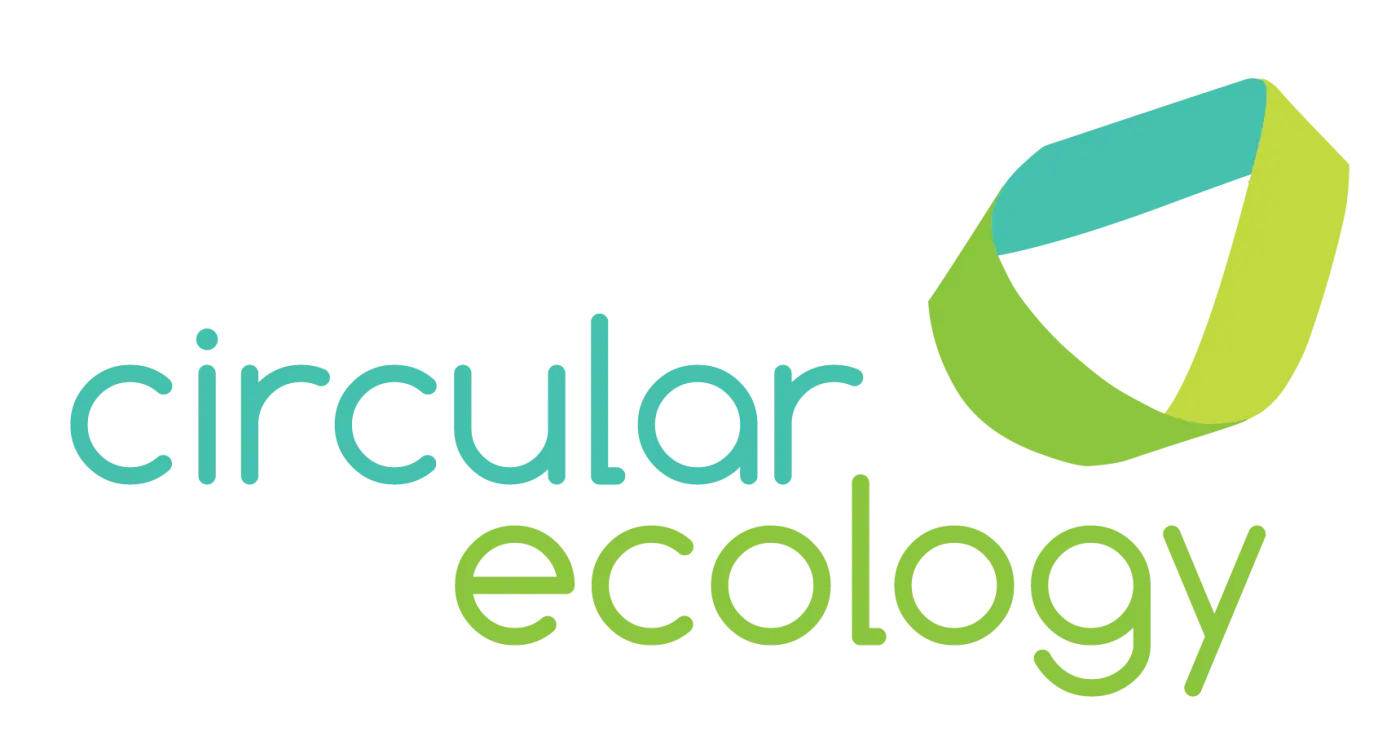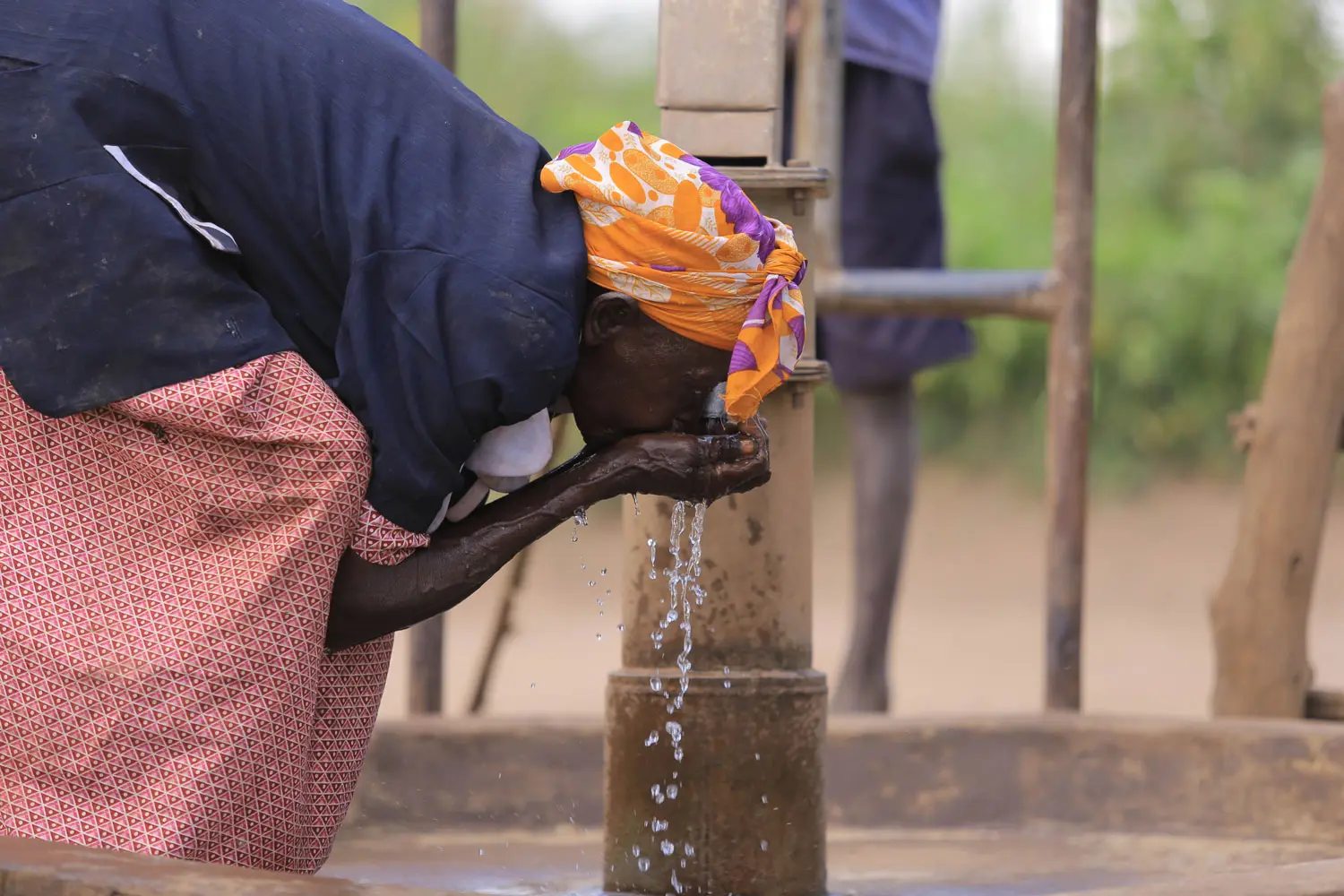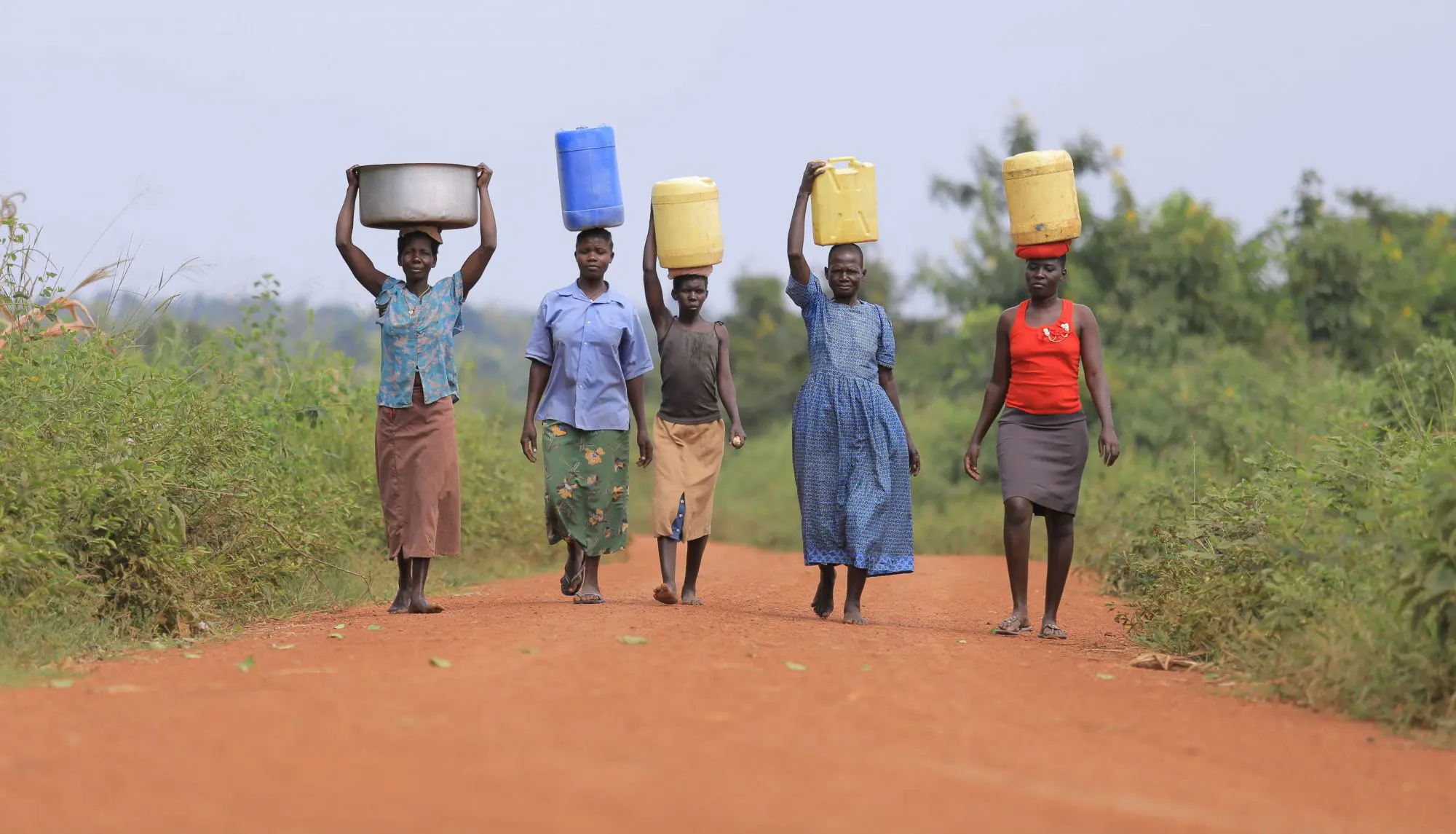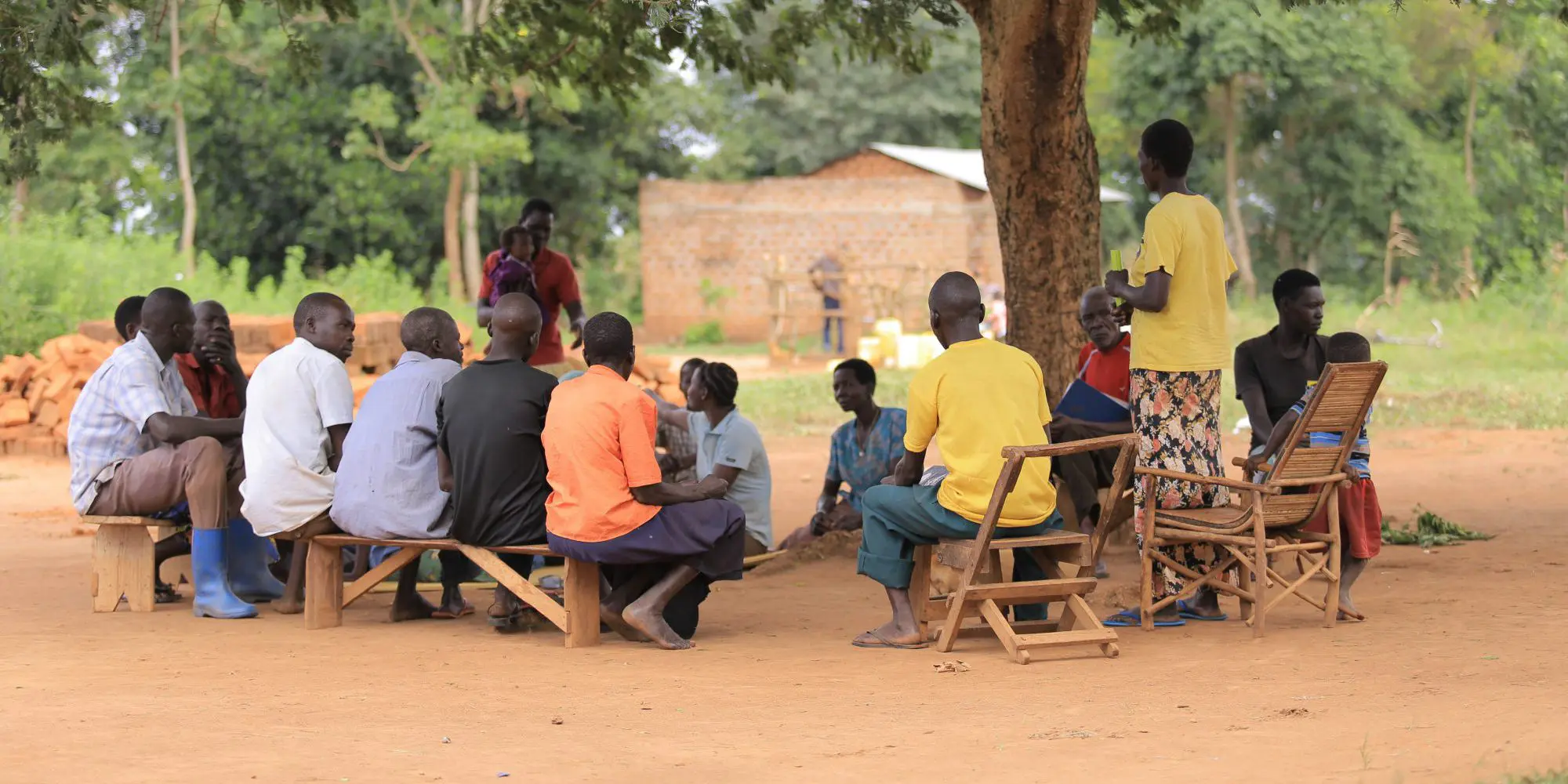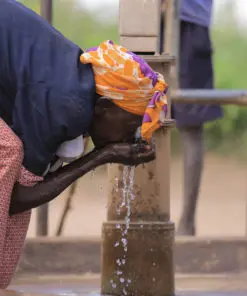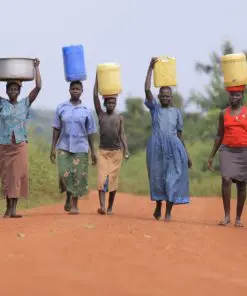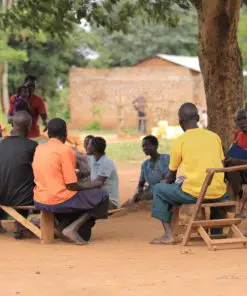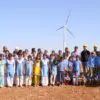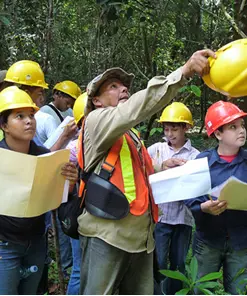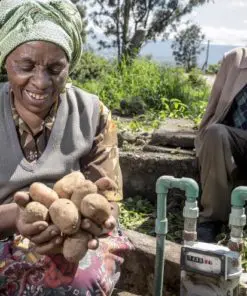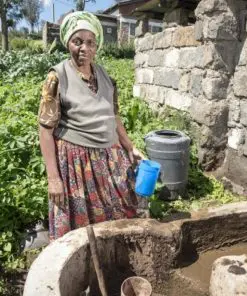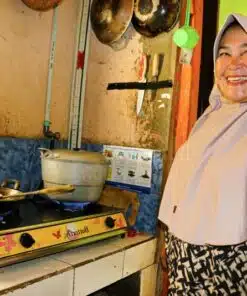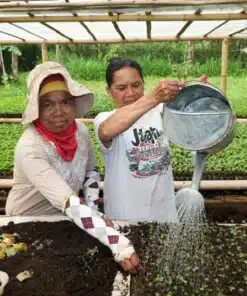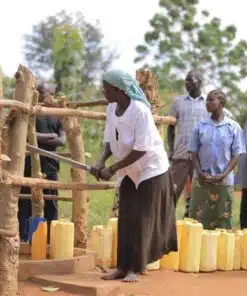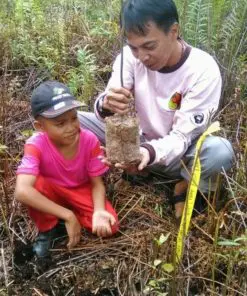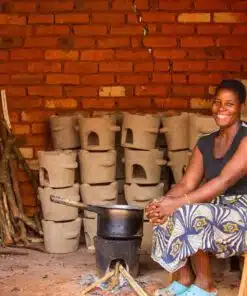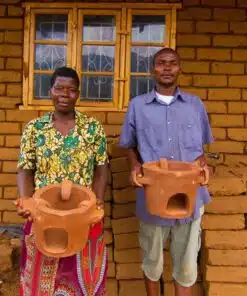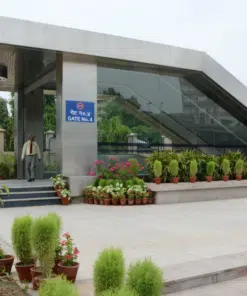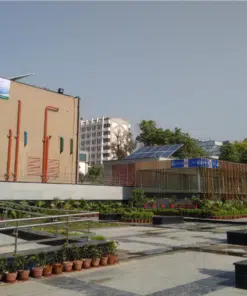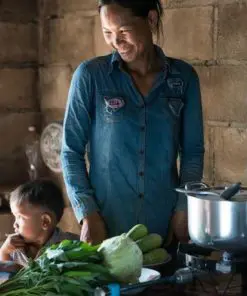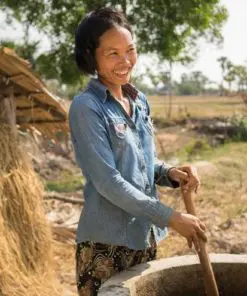Gold Standard Clean and Safe Water Project Uganda
Offset your carbon emissions, per tonne of carbon (tCO2e)
Safe Water Uganda – Gold Standard Credits
The monitoring and verifying of the credits by Gold Standard guarantees that actual and measurable carbon reduction take place as a direct result of the project, which allows organisations to use the credits for Net Zero Carbon and carbon neutral pledges.
Buddied tree planting. In addition to the carbon offset credits, we plant 4 trees per tonne of CO₂e offset. We are an official partner of Eden: People+Planet (formerly Eden Reforestation Projects), who plant trees to improve livelihoods.
Alongside our tree planting, we also commit to diverting £1 per tonne of CO₂e from every sale to support our free data, tools, and resources. Find out more: Circular Ecology's Scaling Carbon Reductions Initiative (SCRI).
About this Project
In the north and east regions of Uganda, access to clean and safe water is restricted, meaning that locals must walk long distances to get water. This task is typically performed by women and children. They can take up to 6 hours per day, every day, to fetch water for their family. Collected water is often unclean as it comes from streams or small pools near animals, therefore communities are at risk of water-borne diseases such as cholera and dysentery.
To combat the risk of disease, water was boiled using wood as a fuel. This however released CO2 into the atmosphere, which contributed to climate change, and the small-sized emitted particles (PM2.5) also put locals at risk of health impacts.
Safe Water projects in Uganda help to build and maintain clean water boreholes for the affected communities, bringing them access to safe water. Not only does this mean that the risk of water-borne and emission-related health impacts are reduced, positively impacting the health of communities, but the reduction in CO2 emissions also works towards climate change mitigation. Men and women are given employment and training to maintain and repair the boreholes, giving them a reliable source of income and essential education.
Benefits of the Uganda Clean Water Carbon Offset Project
Borehole rehabilitation brings numerous community benefits, especially for women and children:
- >90,000 people with access to safe water
- >247 million litres of clean, safe water per year
- Reduced CO2 emissions as wood is longer required as a fuel source to boil water for purification
- >150,000 tonnes of wood saved per year
- Health benefits as communities are subjected to less PM2.5 emission from burning fuels
- Education to build, maintain, and repair the boreholes to ensure their longevity and cleanliness
- A water user community is created, and local men and women are trained in accordance with the national water policy
Alignment with UN Sustainable Development Goals
Clean water projects in Uganda are aligned with the UN Sustainable Development Goals (UN SDGs).
- UN SDG 3 – Good Health and Well-Being
- UN SDG 5 – Gender Equality
- UN SDG 6 – Clean Water and Sanitation
- UN SDG 9 – Industry, Innovation and Infrastructure
- UN SDG 13 – Climate Action
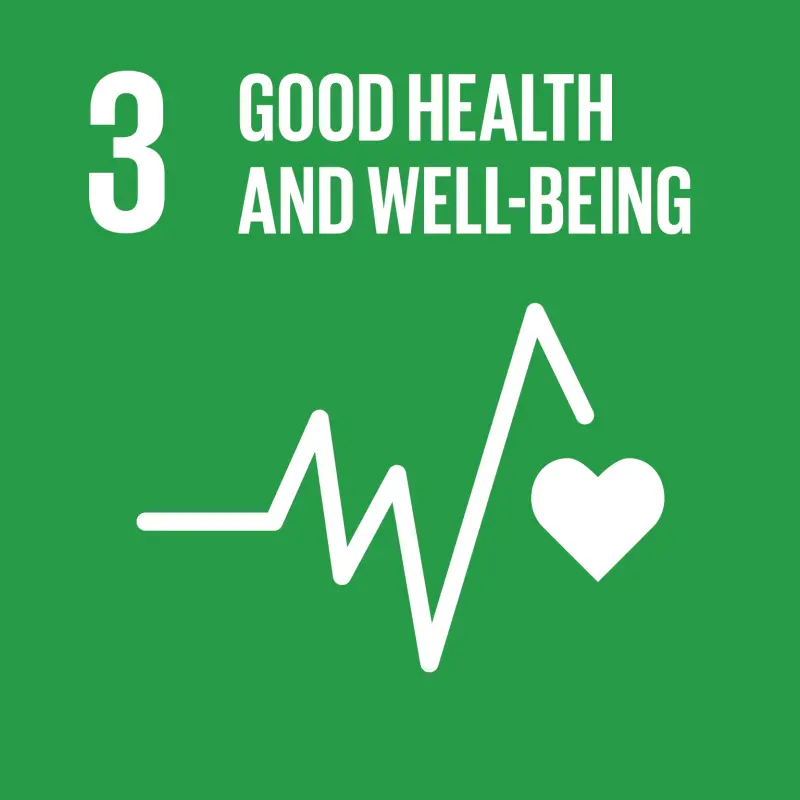
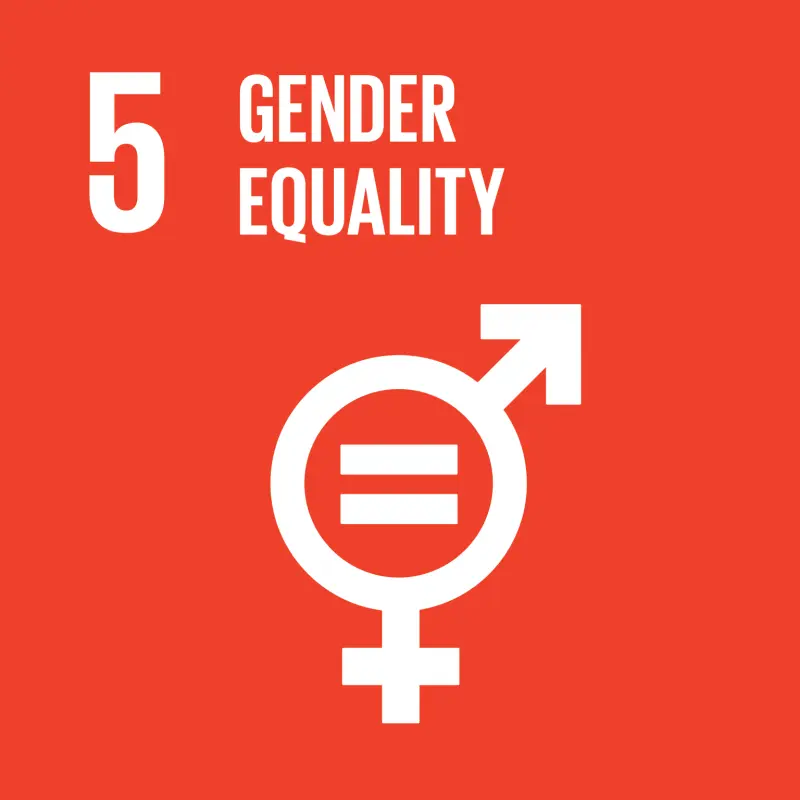
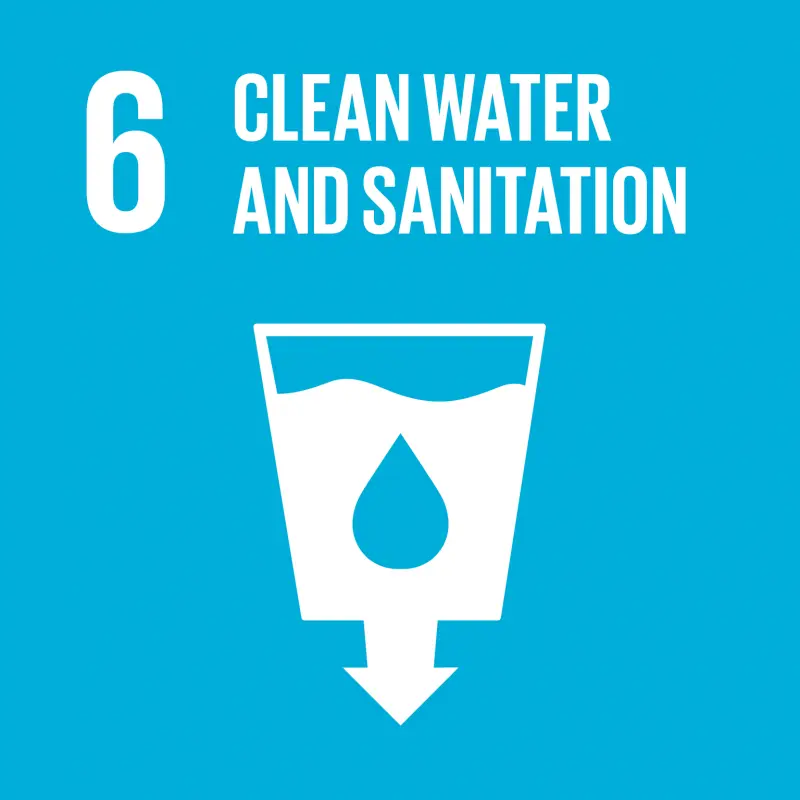
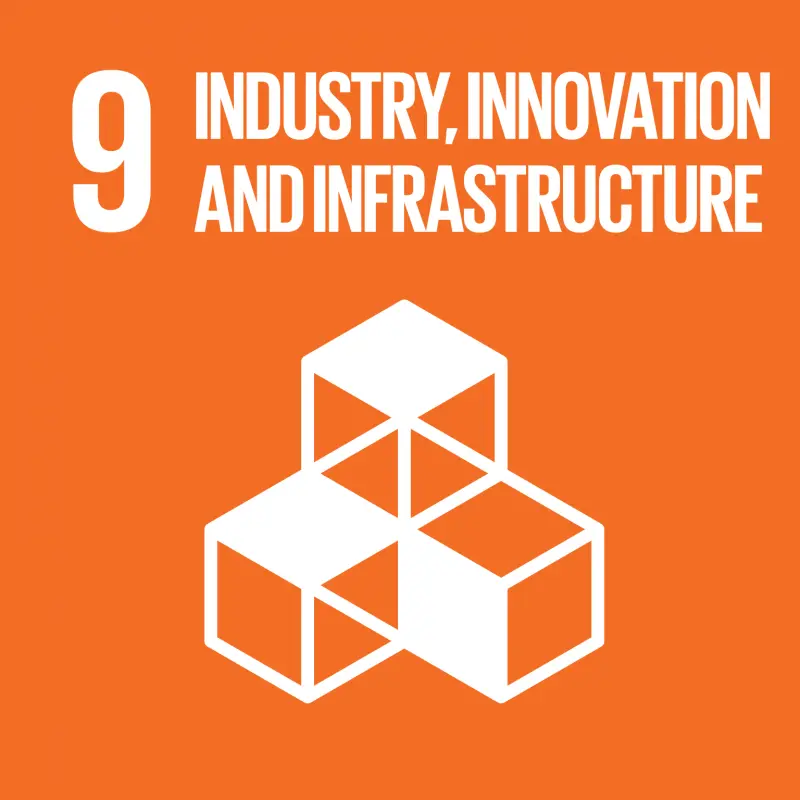
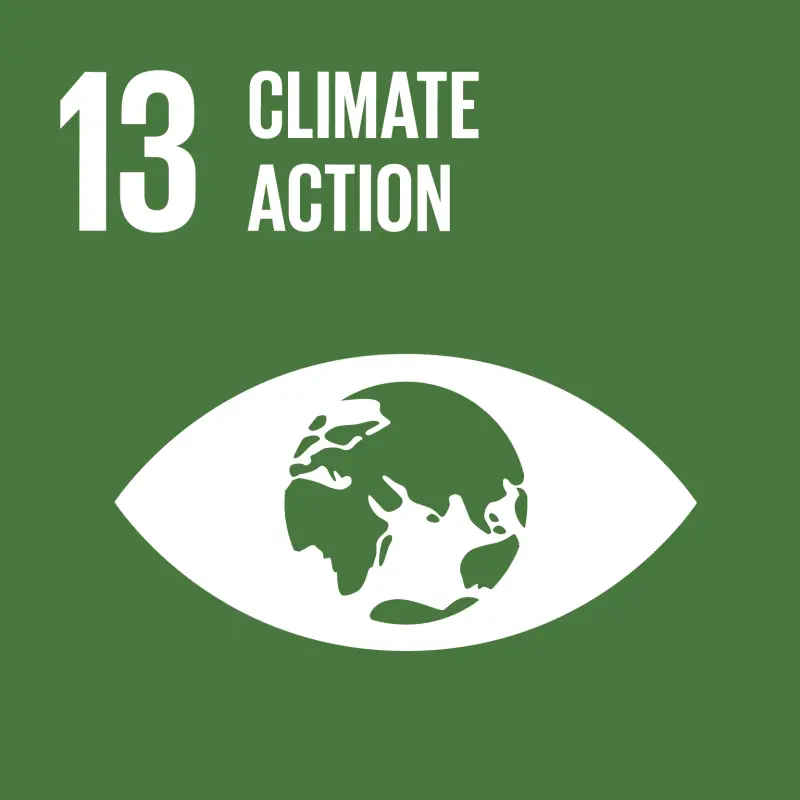
Related products
Carbon Offsets
Carbon Offsets
Carbon Offsets
Carbon Offsets
Gold Standard Safe Water – Gender Equality Certified Project
Carbon Offsets
Carbon Offsets
Carbon Offsets
